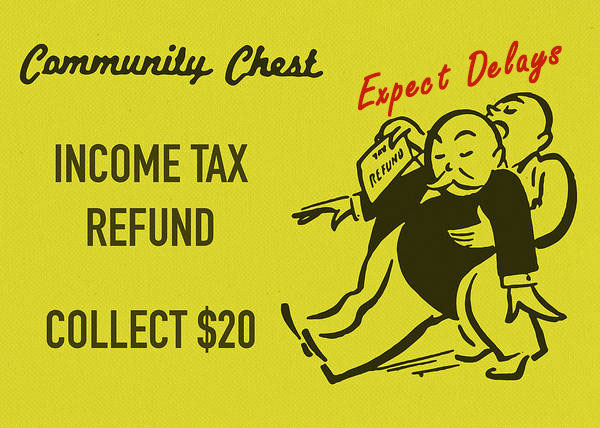February 11, 2021 – Randy Carver, RJFS Financial Advisor was recognized on Forbes‘ list of Best-In-State Wealth Advisors, as one of the top advisors in Ohio. Out of approximately 32,725 nominations, more than 5,000 advisors received the award nationwide. Randy Carver was ranked #5 out of the 161 recognized in Ohio. This is the fifth year in a row that Randy has been included on this prestigious list of top wealth advisors from national, regional, and independent firms.
Click here to view the profile on the Forbes list.
The Forbes ranking of Best-In-State Wealth Advisors, developed by SHOOK Research is based on an algorithm of qualitative criteria and quantitative data. Those advisors that are considered have a minimum of seven years of experience, and the algorithm weighs factors like revenue trends, AUM, compliance records, industry experience and those that encompass best practices in their practices and approach to working with clients. Portfolio performance is not a criteria due to varying client objectives and lack of audited data. Out of approximately 32,725 nominations, more than 5,000 advisors received the award. This ranking is not indicative of an advisor’s future performance, is not an endorsement, and may not be representative of individual clients’ experience. Neither Raymond James nor any of its Financial Advisors or RIA firms pay a fee in exchange for this award/rating. Raymond James is not affiliated with Forbes or Shook Research, LLC.



















